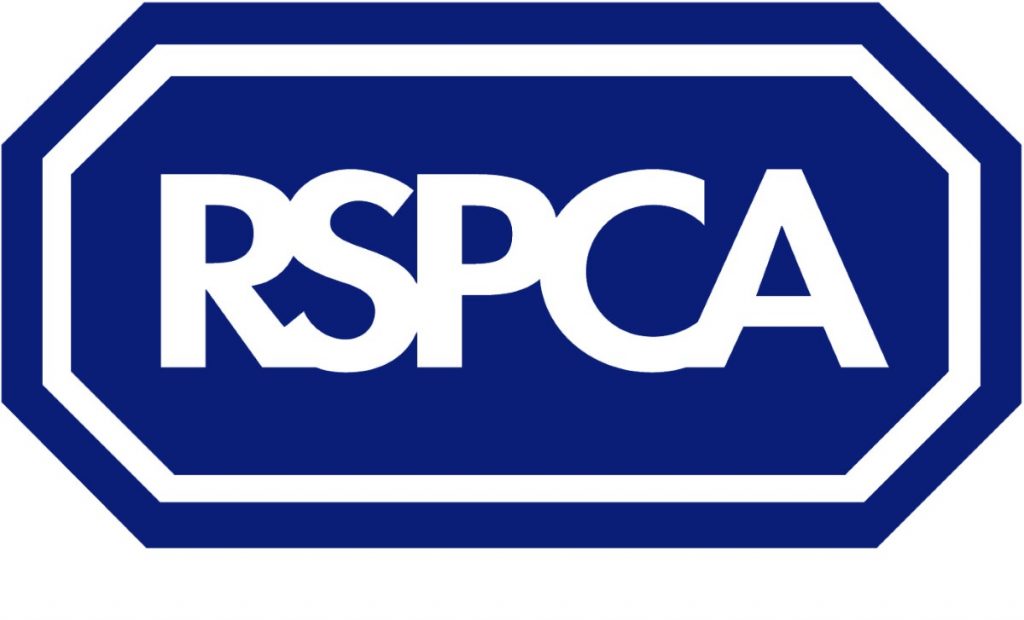Four years on – animals still waiting for action
Good intentions – but poor science continues to waste animals’ lives
At long last, today (Friday 7 February), almost four years after the Government made a commitment “to work to reduce the use of animals in scientific research” it has finally published its ‘Delivery Plan’ setting out how it intends to take this forward.
The Plan is good news in that it re-enforces the importance of the 3Rs* and emphasises the significance of the 3Rs to science in the UK. In addition, for the first time, the need for a cross department governmental approach is recognised – a point the RSPCA has argued repeatedly – and this is a major step forward.
There are some top level initiatives and actions which, if taken seriously with genuine commitment and adequate resources, could help to reduce animal use and suffering.
The RSPCA is particularly pleased to see a commitment to reduce the most severe suffering experienced by animals and the Society’s own work in this area is highlighted.
However, much of what is proposed in the report is already required by law – UK legislation specifically requires the 3Rs to be implemented and animal use and suffering to be minimised. So this is not new, and it is shameful that it is not consistently done.
The RSPCA’s Chief Scientific Officer, Dr Maggy Jennings OBE said: “The Plan does not address fundamental problems such as inadequate training of scientists, the serious questions about the translation of research from animals to humans, outdated thinking, entrenched views, poorly enforced regulations and an under-resourced Home Office Inspectorate.
“Such issues are not only highlighted by animal welfare organisations including the RSPCA, but increasingly recognised as serious concerns within the scientific community.
“A central action in the report revolves around the need for openness about the use of animals. The RSPCA agrees that this is important. However, almost the entire focus is on the perceived benefits and justification for animal use, with almost complete silence on the pain and distress that animals suffer and the limitations on what animal research actually delivers. An honest message to the public has to include these aspects as well.”
Dr Jennings concluded: “We want to see actual deeds not just words, so we will be monitoring progress with the plan very closely over the coming year to see whether it can deliver on its promises and make a real demonstrable difference for animals.”
*The 3Rs:
Replacement of animals with humane alternatives
Reduction of the numbers of animals used in research
Refinement of housing, care and experimental procedures to minimise animal suffering and improve animal welfare.
Notes to editors
‘The Coalition: Our programme of work’ (May 2010) which details the pledge, is available here: https://www.gov.uk/government/uploads/system/uploads/attachment_data/file/78977/coalition_programme_for_government.pdf
The Government’s Delivery Plan is available here:https://www.gov.uk/government/publications/working-to-reduce-the-use-of-animals-in-research-delivery-plan





-01.png)